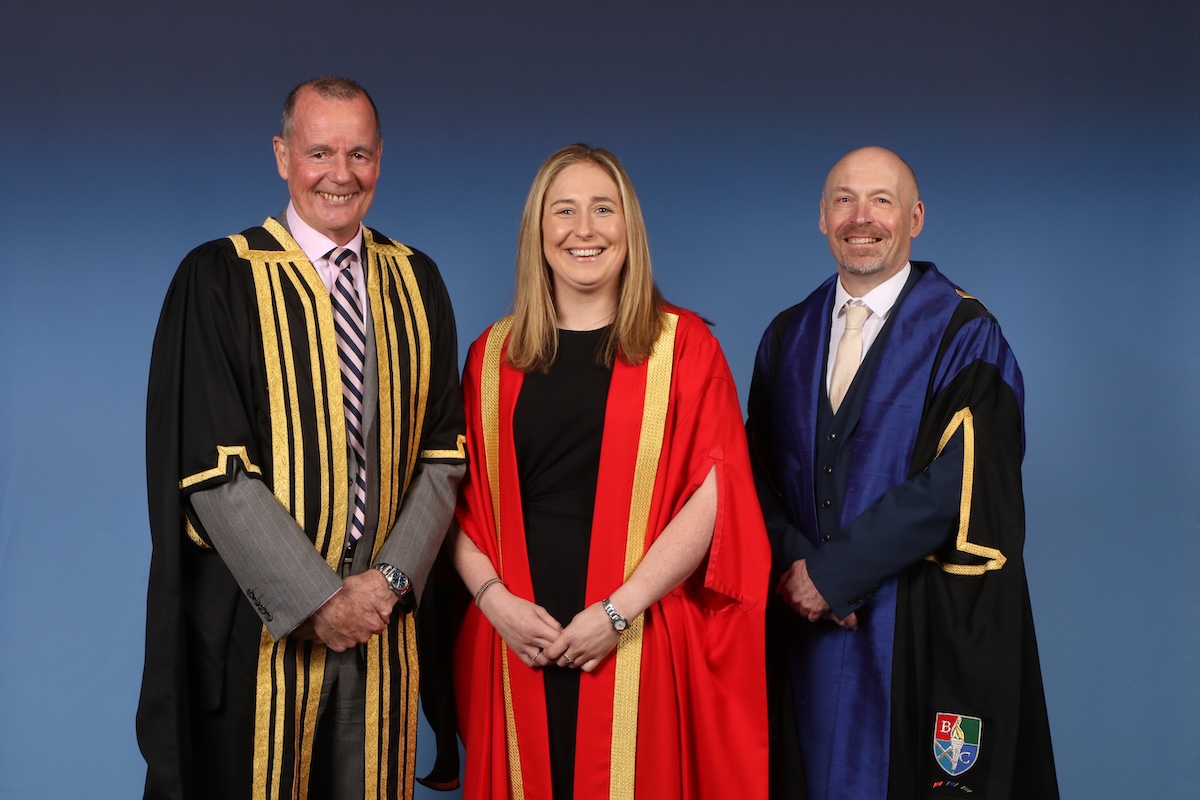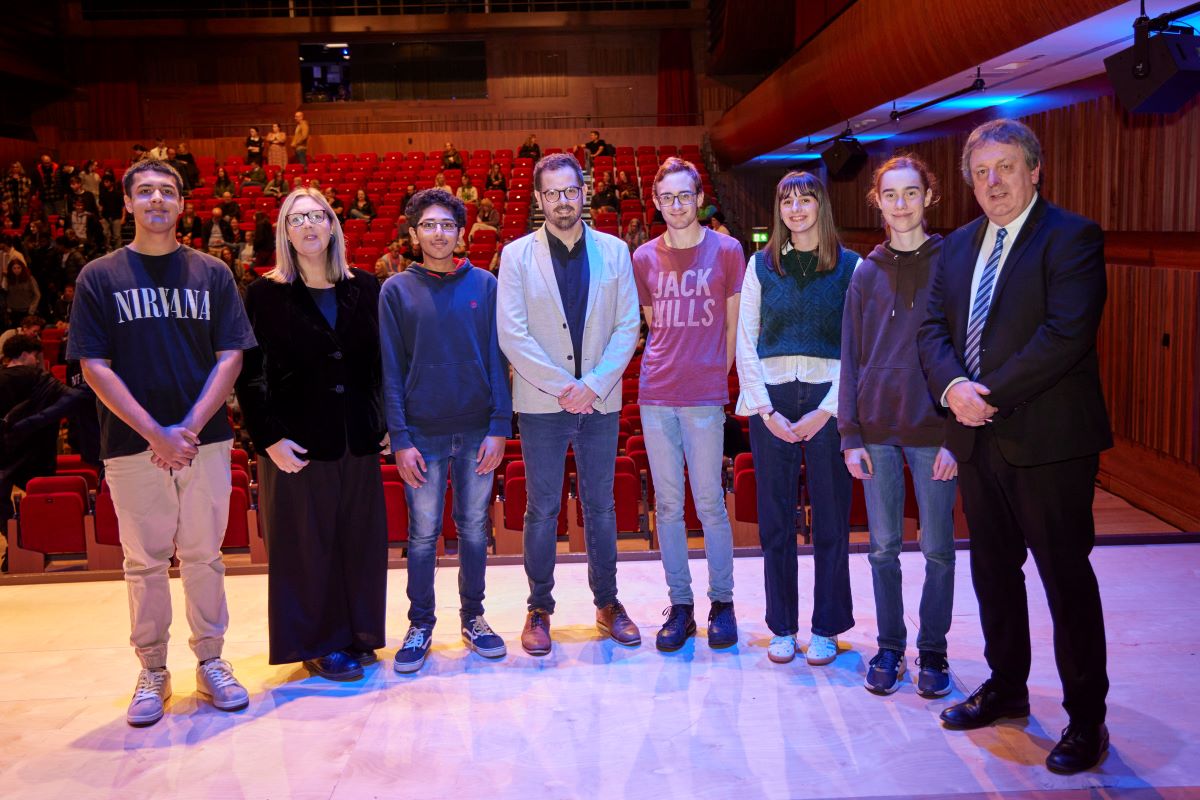Ministers ‘in the dark’ over education of 20,000 vulnerable pupils

Cost to taxpayer as high as £49,000 a year for a single unregistered placement.
At least 20,000 children, many excluded from mainstream schools, are being taught in unregistered Alternative Provision units, some of which do not meet basic safeguarding standards, according to new research from a major think-tank.
The investigation concludes that neither national nor local government has accurate data on where these children – who are disproportionately likely to be vulnerable – are being taught, how many there are, whether they are receiving a quality education, or even if they are safe.
Alternative Provision (AP) is where children are educated outside of a mainstream school, typically arranged by local authorities or schools themselves. Many AP providers are regulated as schools, but some AP education is delivered in unregistered settings which fall outside any existing designation as a “school”. The Centre for Social Justice (CSJ) bases its figures on estimates from 2023 School and Alternative Provision census data, but adds that because of a lack of formal reporting of all children in unregistered provision, “we do not fully know exactly how many children are in unregistered AP or how many providers there are.”
In one example of the lack of formal reporting, one local authority noted that the register previously held was simply a list of less than 10 known providers written on a piece of paper.
With unregistered alternative AP costing up to £49,000 per full time placement, taxpayers are paying a high price. Government cannot confidently say unregistered APs are meeting children’s needs. While many unregistered providers are delivering much-needed, individualised support that cannot be offered in a mainstream setting, the CSJ’s research uncovered that this is not always the case.
Its research found examples of unregistered AP providers employing staff that have not had any form of DBS (Disclosure and Barring Service) check and operating without meeting the safeguarding standards required in mainstream schools. This is despite the sector serving a high proportion of looked-after children and children with special educational needs among its cohort.
In one case, a firearm was discovered in an unlocked room at a provider delivering agricultural education. A police investigation resulted in the removal of the firearm, but since then the provider has continued to operate as usual. In another case, pupils were supposedly gaining work experience with a mechanic and it transpired that the provision was crossing the line into child labour.
One unregistered AP spoke of seeing other unregistered APs in their local area with no safeguarding procedures whatsoever, with children allowed to take knives out in the unit. In this instance, action was only taken when other unregistered APs in the area forced the local authority to act, not wanting this provider’s actions to reflect on the reputation of others in the area.
The report findings follow the CSJ’s shocking revelation earlier this year that, since the school closures of the pandemic, there has been a surge in the numbers of children frequently missing school. It had previously uncovered that the number of so-called “ghost children” has doubled since before Covid struck the country. The latest research suggests that in addition to the “ghost children” of lockdown even more children may be slipping between the cracks and lost to any form of visible classroom.
Beth Prescott, Senior AP Researcher for the CSJ, said:
“Ministers are in the dark about the educational fate of thousands of pupils not in mainstream education, many of whom are particularly vulnerable.
“While some providers do a fantastic job offering bespoke support to children, without knowing which children are in these settings and where all the settings are, it is impossible to ensure that proper standards of teaching, learning and safeguarding are being maintained.
“We have heard of cases where vulnerable children were being taught in settings where basic safeguarding standards were not being adhered to.
“The CSJ strongly urges the Department for Education to set up a new light-touch registration framework, so we know where every child is being educated, without putting added pressures on those providers delivering quality and bespoke support. We continue to call for the government to expedite Flick Drummond’s “Children Not in School Register Bill” so that we can ensure the welfare and education of every child.
“We also want to see a national framework for minimum standards, to ensure every child is safe and has access to a high-quality education that meets their needs.”
CSJ analysis suggests that a lack of capacity within registered AP and special schools is driving demand for unregistered provision. Funding pressure on local councils is also likely to be contributing to demand, with unregistered AP sometimes the cheaper option.
The CSJ report says: “The current system is not working. Greater oversight is needed to ensure this cohort of often vulnerable children is getting the quality of education they deserve.
“This report makes the case for a light-touch registration system and then outlines a new system of unregistered AP quality assurance and wider system improvement.”
The problem has arisen because the law does not require educational settings to register with the Department for Education unless they educate five or more pupils on a full-time basis.
Unregistered AP providers are not breaking the law by not registering if they do not meet the above criteria, but the CSJ wants this loophole closed. The lack of oversight of these settings has led to concerns of a “Wild West” in education, which is potentially masking examples of seriously sub-standard education.
The report warns that unregistered AP is not subject to a systematic, statutory inspection framework, further raising questions about the quality of care and education some children are receiving.
Lord Storey CBE, Co-Chair of the APPG on School Exclusions and Alternative Provision, commented:
“It is our most vulnerable children who are more likely to end up in unregistered alternative provision. These are some of the most vulnerable people in our society, and they need all the support and protection that we can possibly give them.
“It is time to bring these children back into view. The government urgently need to implement both a Children Not in School register and a new statutory registration framework for unregistered providers.
The report highlights that “there is no single register that provides a comprehensive, national picture of unregistered AP. This means there is no single figure for the total number of unregistered providers or the number of children in unregistered providers.”
“Unregistered AP is, by definition, not subject to national regulation or a national inspection framework. Ofsted does not have any powers to systematically monitor or inspect unregistered alternative provision.
“Unregistered AP can take many different forms and at its best provides a specialist, bespoke service which schools would not be able to provide themselves. Where things are working well, schools and local authorities make strategic use of unregistered AP.
“However, unregistered AP is also used where it may not be in the best interest of the child. There have been instances of unregistered AP being used to compensate for a lack capacity in state-maintained schools, or because some unregistered APs are cheaper than AP school placements.”











Responses